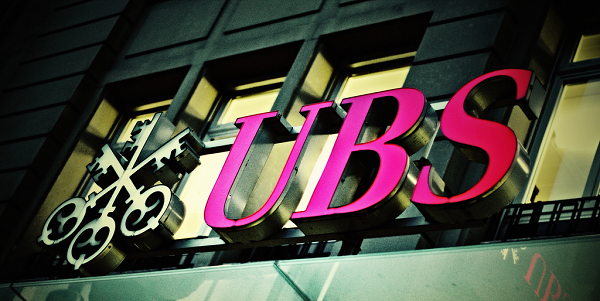
Weekly Global News Wrap: UBS to inject millions into fintechs; Deutsche Bank chair to bow out after 2022
And two Canadian banks post better than expected results despite profit declines.
From Bloomberg:
UBS is allotting hundreds of millions of dollars to invest in fintech companies, joining peers in financing startups that are upending traditional banking.
The wealth manager is planning a corporate venture capital fund to inject investments between $10m and $20m in dozens of companies, and wants to hold stakes for at least five years.
The venture funds came just months after UBS named ING’s Ralph Hamers, an outspoken champion of digital banking, to succeed Sergio Ermotti as CEO from October.
From Reuters:
Deutsche Bank chair Paul Achleitner said he intends to step down when his term ends in 2022, ushering in a new era at Germany’s largest lender as it struggles to become profitable.
His announcement, made at the bank’s annual general meeting on 20 May, was the first time he has publicly said he would not seek a third five-year term. He has faced criticism for the bank’s strategy zigzags, management upheaval, and an 80% share price plunge over the past decade.
In an effort to reverse five years of losses, Deutsche Bank is currently undergoing a major overhaul that includes streamlining its investment bank and cutting 18,000 jobs globally.
From Reuters:
Bank of Nova Scotia (Scotiabank) and National Bank of Canada reported better-than-expected Q2 results on 26 May despite large profit declines driven by spikes in loan-loss provisions due to the COVID-19 pandemic.
National Bank posted a 32% drop in profit in the three months ended 30 April, as money set aside to cover future loan losses surged six-fold to $365.59m (C$504m) from a year earlier. Scotiabank, which earlier posted a 41% YoY plunge in profit as provisions more than doubled, also beat expectations, sending shares up 7.4% to close at $40.47 (C$55.84).
Canadian banks are bracing for higher loan losses this year and next due to the recession. Whilst loan deferrals and government aid have helped contain some short-term damage, borrowers are expected to struggle when repayments come due.
Photo courtesy of Wikimedia Commons.






















 Advertise
Advertise








